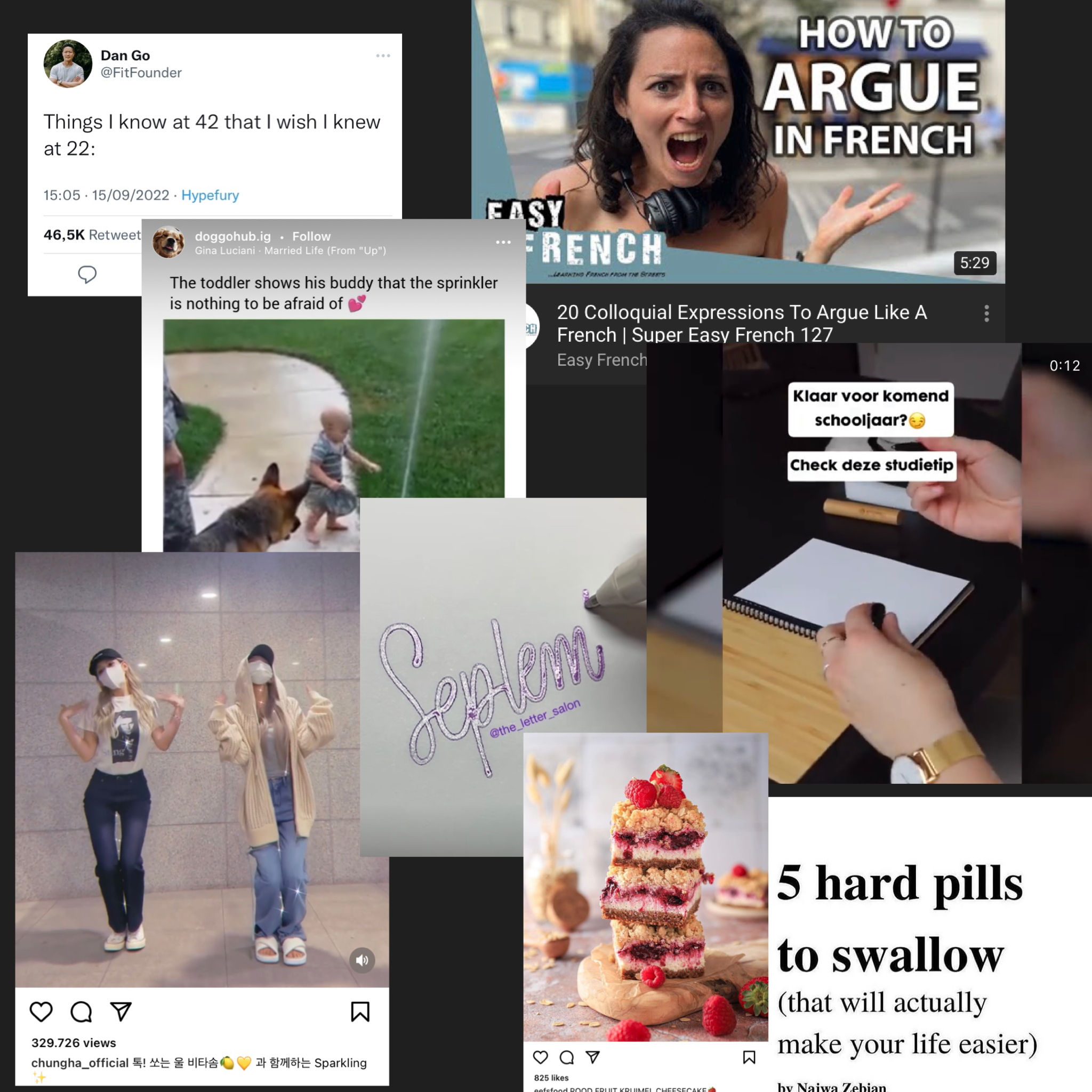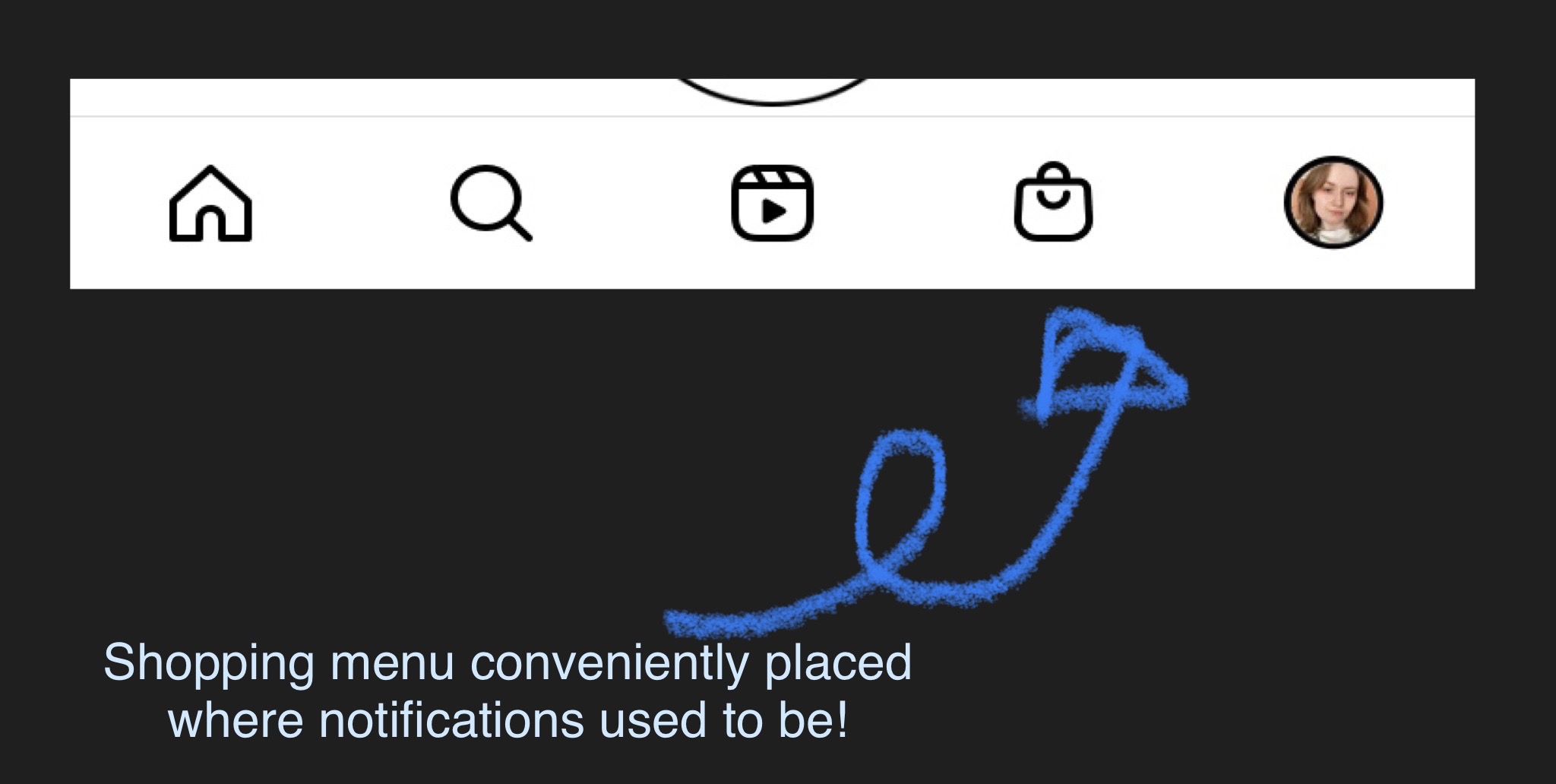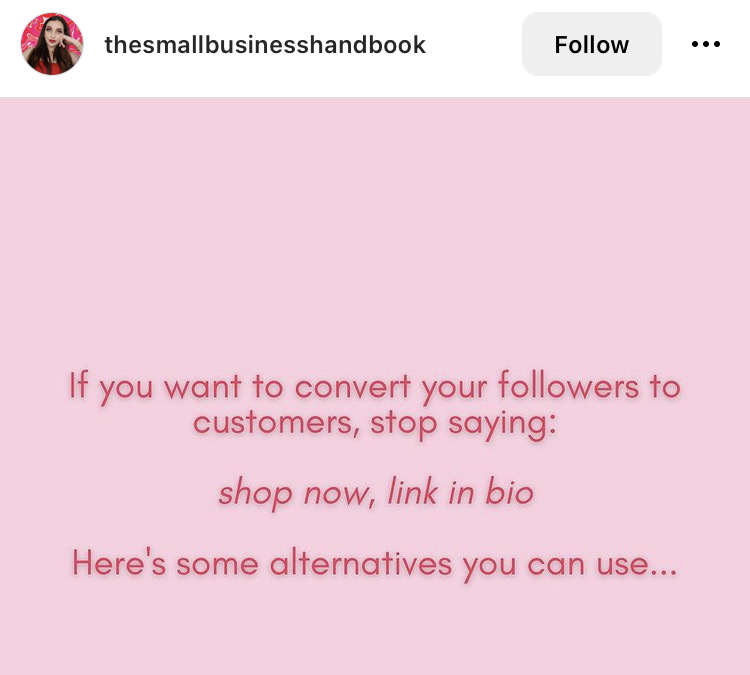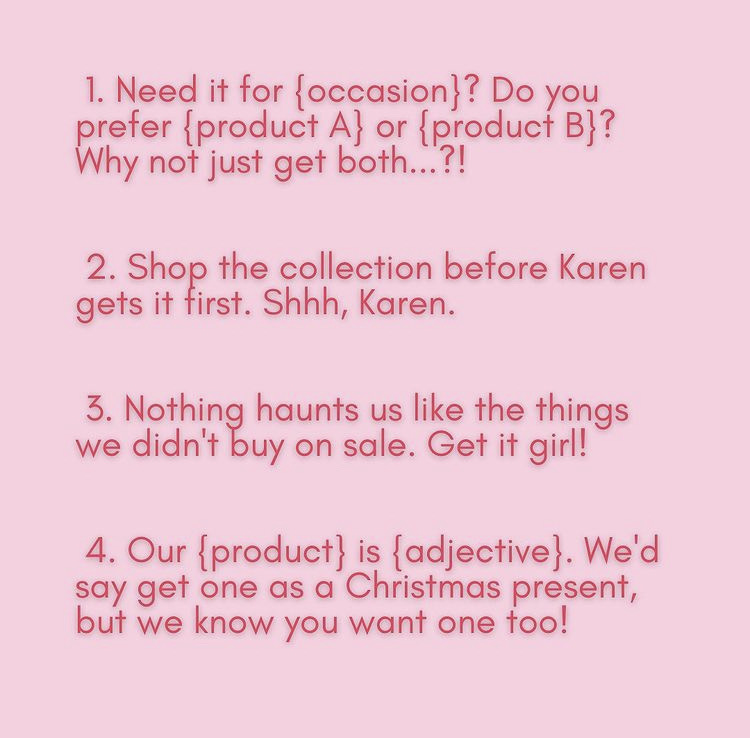Alternatively titled: “literally everything is an ad and it’s kind of a problem”
Who remembers this clip from a South Park episode? Because for a year or five that’s what it’s been like to be on social media.
This phenomenon has only gotten worse since the making of that episode, so today I’ll be telling you about one of the social media aspects that grinds my gears the most these days: marketing is in EVERYTHING!
Prelude: blatant advertising
First and foremost, I feel like a lot of people forget that companies usually have a very simple formula to lure you in. Make up or find a problem, tell or remind people they have that problem, and that your product or service is the only way to fix it.
- “You look older than 16 when you’re 25? Well, obviously you’re an old hag and you need to buy our super special anti-aging cream to reverse all that damage!”
- “Does your phone only last a normal amount of time and not an INSANE amount of time? Forget about chargers, you need a new phone with double the battery life for five times the price!”
Thing is: we know it’s advertising. Luckily, we have started recognising these sales pitches and tend to be more conscious about buying these products, or even looking at the advertising. Even the (still annoying) ads on and in YouTube videos can be avoided just by skipping.
But what about when the advertising is more covered, uncontrolled and unmonitored?
Content or not?
Let’s play a little game here. Below I have collected a random assortment of posts you might find online. Can you guess which ones are true content, and which have been posted with an ulterior motive? Look at the super fancy collage below and take a moment to guess.

Alright, have an answer? Time for the big reveal!
The answer is…. trick question! Literally all of these posts are some form of advertising. Now obviously not all of them are the same kind of advertising, but they all have one aim: to send you to a different site to sell you a product in one way or another. And that’s what my frustration is about: hardly anything is posted “just because” anymore.
Whether it’s a dance challenge that encourages you to go watch the music video on YouTube, or a post that tells you you’re doing everything wrong in life and you need to pay the author to get their lifestyle guide, it’s marketing. It’s more prevalent on websites where users don’t have a partner program, meaning the creator doesn’t earn from posting content, but from whatever is being promoted.
The problem is in the question: content or not? Most platforms require you to indicate when a post is an advertisement, but it’s very easy to get around that. So if the line between a simple post and advertising is this fine, we have to be constantly on edge about what we believe and do. Everyone is trying to sell you something, so you don’t know what’s genuine. As a result, our entire browsing experience changes!
Buying and selling is too easy
A few of those changes fall under the general complaint stated just now: buying and selling has become too easy. Whereas TV ads still required you to interact with someone or manually navigate to a site, those barriers have completely vanished on social media. Almost every popular social platform has integrated marketplace sections where users can sell and buy things with just a few taps.

That means you, as a consumer, take less long to click ‘buy’. Hello, regret purchases! Additionally: hello, uncontrolled marketing to children! Free platforms where users control everything are feeding overconsumption and the neverending urge to buy. But throwing money at products is something most people have some control over. What you don’t have control over is the product itself. Selling online is also too easy. No monitoring means a convincing-looking webshop is set up in no time, and scams, dropshipping, false advertising and overpricing are common practice.
Do we really need that many products?
The simplicity of marketing via social media hasn’t only stimulated businesses to release a new product every week, but also reinforced hustle culture. Because if you’re not running seven different side hustles alongside your two fulltime jobs, are you even trying to be successful?
If you already have a business, you should promote it online for more sales. Don’t have one? Well, you’re online anyway, might as well set up a shop for something! Got no talent? You can always do sponsored posts for dropshipping websites! And since everything is content, you can simply post a ✨ satisfying ✨ video of you cleaning your toilet and get a brand deal! Yes, that’s a real thing. Everyone can be an influencer or a business owner now, and it’s so easy to make some extra cash by simply encouraging people to buy stuff they don’t actually need!


You can even use traditional marketing tactics on your customers and guilt trip them into buying your stuff! Link in bio for my simple cheap instagram marketing course ✨
A lot of people buy into this type of advertising too, resulting in a whole market of unnecessary products. This post isn’t about the consequences of overconsumption, but I will say that the incredibly fast nature of social media platforms definitely contributes to it, and I strongly dislike it.
The takeaway
When everything is a product, you need to be mindful online. Remember when we said it was easy to just skip an ad? That seems a whole lot more difficult now. I hope that I’ve been able to show you a bit of what I see on the daily. Next time you open your socials, please take a few seconds to think about the intent behind the posts, and whether that’s what you’re looking for. Only then proceed to buy that clearly dropshipped on-the-go blender as normal if you still really want to.


Ah, I loved reading your post!
You know, I must admit that I didn’t see how TikTok dances (or other social media challenges for that matter) could an add, but you are rigth! Remember the cinnamon challenge? I bet the sale of cinnamon skyrocketed or the increase in demand for ice after #IceBucketChallenge.
Too bad you didn’t include a link to that toilet brand deal video, though 🙂
Not all challenges have to be ads, but an increasing number of them seem to be.. Now that you mention it, I think the ice bucket challenge may have been one of the last useful not-really-content-challenges, since it was for charity! (Or to begin with, at least)
Glad you liked the post, thank you for your comment 😀